The Third North Korea Economic Forum Annual Conference
Thursday, October 14, 2021
9:00 AM – 11:00 AM EDT
AND
Friday, October 15, 2021
9:00 AM – 11:30 AM EDT
Zoom Event
About
As an isolated socialist country, North Korea has had to face a constant challenge of justifying its own vision of economic self-reliance and the dynamics of marketization. The North Korean people’s greater access to foreign media and domestic market information has required different versions of legitimization of mass mobilization. Drawing from a variety of academic disciplines and subject-matter specializations, this year’s North Korea Economic Forum Conference will examine the role that ideology has played in shaping and constraining economic policy and economic life in North Korea, both in the Kim Jong Un era and historically.
If you have a question for the speakers, please submit it when you complete the guest registration.
Registered guests will receive confirmation email with details for joining the Zoom event.
This event is on the record and open to the public.
Schedule
10/14, 9 AM EDT – 11:00 AM EDT | Day One: Mass Mobilization, Socialist Commerce, and Marketization
10/15, 9 AM EDT – 11:30 AM EDT | Day Two: Global Financial Crises, Economic Aid, and Foreign Media
For full agenda, see the event program.
Background on the North Korea Economic Forum
The North Korea Economic Forum (NKEF) is part of the policy program at the George Washington University’s Institute for Korean Studies (GWIKS). The Forum aims to promote the understanding of North Korean economic issues, distribute the well-balanced, deeply touched, and multi-dimensionally explored pictures of North Korean economy and to expand the network among the various North Korean economy watchers. The Forum is mostly a closed and off-the-record meeting where participants can freely and seriously discuss the critical issues. Mr. William Brown is currently the chair of the NKEF and is leading the meetings. It also organizes special conferences made public throughout the academic year. The Forum is made possible by a generous grant provided by the KDI School of Public Policy and Management.


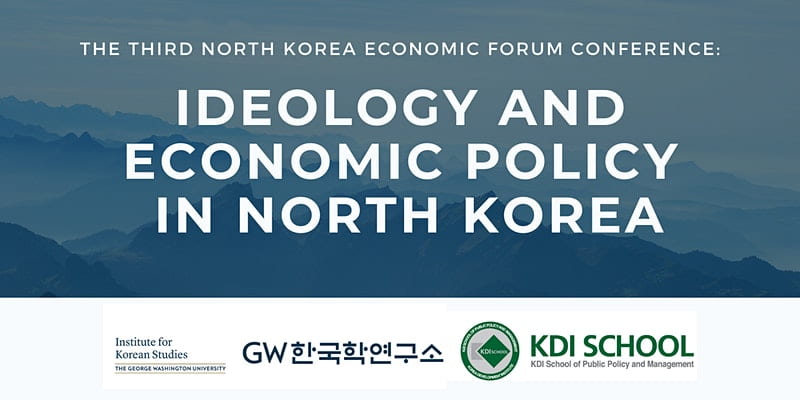
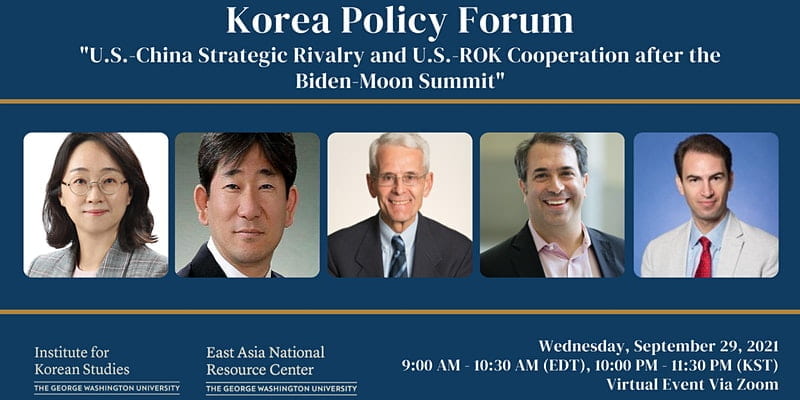




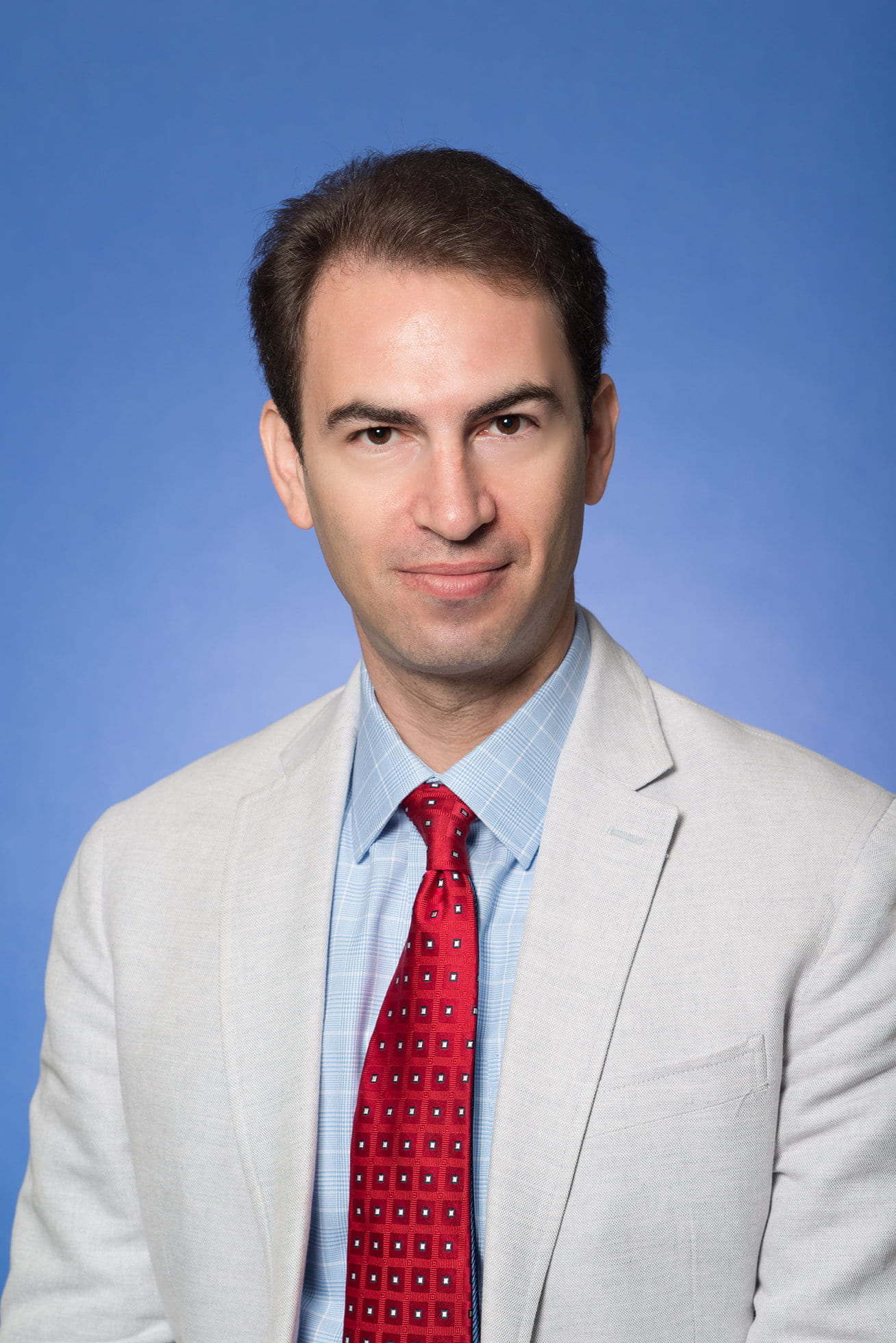

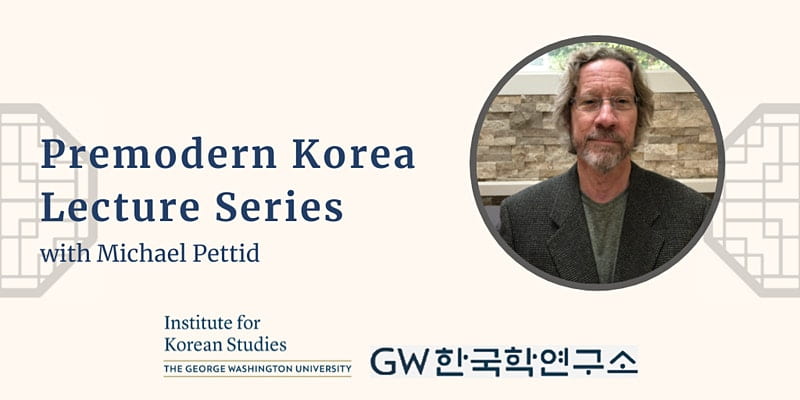

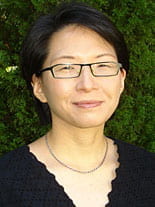


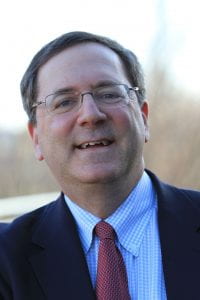 David E. Sanger is a national security correspondent and a senior writer. In a 36-year reporting career for The New York Times, he has been on three teams that have won Pulitzer Prizes, most recently in 2017 for international reporting. His newest book, The Perfect Weapon: War, Sabotage and Fear in the Cyber Age, examines the emergence of cyber-conflict as the primary way large and small states are competing and undercutting each other, changing the nature of global power.
David E. Sanger is a national security correspondent and a senior writer. In a 36-year reporting career for The New York Times, he has been on three teams that have won Pulitzer Prizes, most recently in 2017 for international reporting. His newest book, The Perfect Weapon: War, Sabotage and Fear in the Cyber Age, examines the emergence of cyber-conflict as the primary way large and small states are competing and undercutting each other, changing the nature of global power. 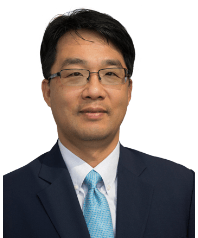 Yonho Kim is Associate Research Professor of Practice and Associate Director of GW Institute for Korean Studies. He specializes in North Korea’s mobile telecommunications and U.S. policy towards North Korea. Kim is the author of North Korea’s Mobile Telecommunications and Private Transportation Services in the Kim Jong-un Era (2019) and Cell Phones in North Korea: Has North Korea Entered the Telecommunications Revolution? (2014). His research findings were covered by various media outlets, including Wall Street Journal, The Atlantic, Yonhap News, and Libération. Prior to joining GWIKS, he extensively interacted with the Washington policy circle on the Korean peninsula as Senior Researcher of the U.S.-Korea Institute at Johns Hopkins University School of Advanced International Studies, Senior Reporter for Voice of America’s Korean Service, and Assistant Director of the Atlantic Council’s Program on Korea in Transition. He holds a B.A. and M.A. in International Relations from Seoul National University, and an M.A. in International Relations and International Economics from Johns Hopkins University School of Advanced International Studies.
Yonho Kim is Associate Research Professor of Practice and Associate Director of GW Institute for Korean Studies. He specializes in North Korea’s mobile telecommunications and U.S. policy towards North Korea. Kim is the author of North Korea’s Mobile Telecommunications and Private Transportation Services in the Kim Jong-un Era (2019) and Cell Phones in North Korea: Has North Korea Entered the Telecommunications Revolution? (2014). His research findings were covered by various media outlets, including Wall Street Journal, The Atlantic, Yonhap News, and Libération. Prior to joining GWIKS, he extensively interacted with the Washington policy circle on the Korean peninsula as Senior Researcher of the U.S.-Korea Institute at Johns Hopkins University School of Advanced International Studies, Senior Reporter for Voice of America’s Korean Service, and Assistant Director of the Atlantic Council’s Program on Korea in Transition. He holds a B.A. and M.A. in International Relations from Seoul National University, and an M.A. in International Relations and International Economics from Johns Hopkins University School of Advanced International Studies.

















